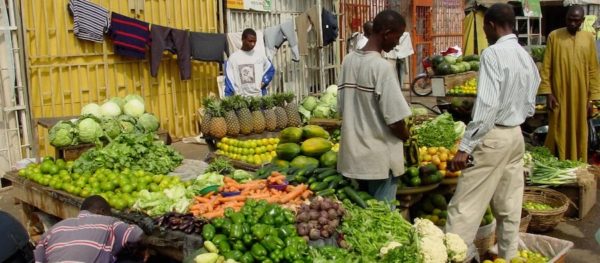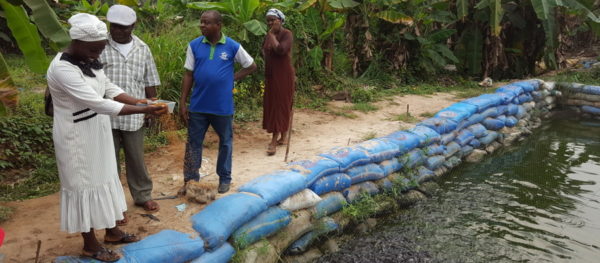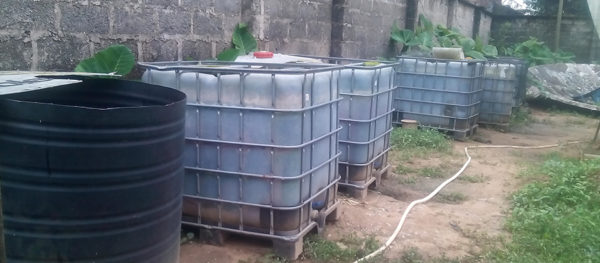Tag: Nigeria

Farming During Conflict: A Conversation with Rotimi Williams
Africa & Middle East: Rotimi is producing an important staple in one of Nigeria’s conflict areas and speaks about the daily struggles of farming and survival.
Read MoreBootstrapping Urban Food Systems in African Economies with Digital Technologies
Africa & Middle East: Adapting existing digital tools can help bolster African food systems amidst the Covid-19 crisis.
Read MoreFishing for Market Opportunities in Nigeria
Africa & Middle East: In the Kano and Sagamu regions of Nigeria, suitable water resources and high market demand mean that aquaculture presents a profitable opportunity for women.
Read MoreMy Farm Life: Fish Farming in Nigeria with Chibuike Emmanuel
Africa & Middle East: When Chibuike saw unused land at a local cable TV station by the water - he also saw a business opportunity. Read how he set up his successful fish farm in Port Harcourt.
Read MoreSupporting Smallholder Cassava Farmers in Nigeria
Africa & Middle East: As part of GCARD 2010, Farming First hosted a session entitled ‘Better Benefiting the Poor through Public-Private Partnerships for Innovation and Action.’ Within the discussions, our panel of experts addressed several case studies that present different ways that partnerships have helped to empower smallholder farmers around the world. Scott Mall – International Fertilizer Development Center […]
Read More



